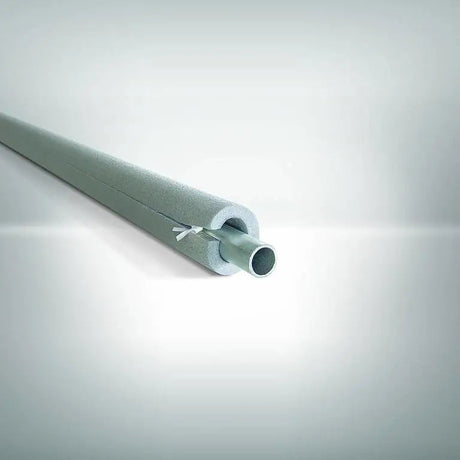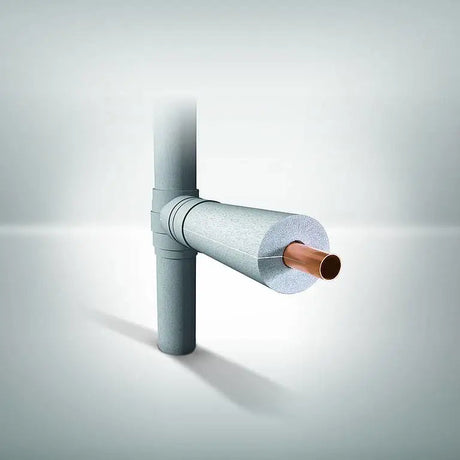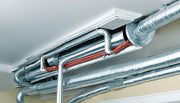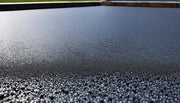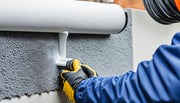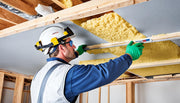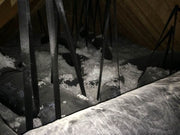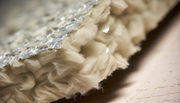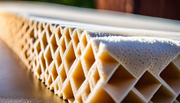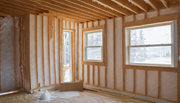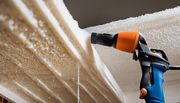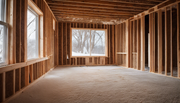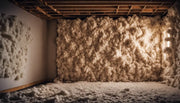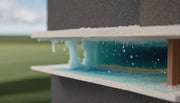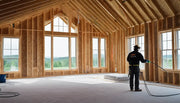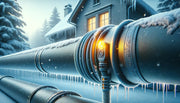As the temperature drops, the risk of pipes freezing and bursting increases. This is a common issue in the UK, especially during the winter months. But when exactly do pipes freeze in the UK? And how can you prevent this from happening? Let's delve into this topic and find out.
Understanding the Freezing Point
Water freezes at 0°C. However, this doesn't mean that your pipes will freeze the moment the temperature hits the freezing point. Pipes are usually located inside buildings or underground, where they are somewhat protected from the elements. But if the temperature stays at or below freezing for an extended period, the water in your pipes can freeze. This is particularly true for pipes that are exposed to the cold, such as those in unheated areas of your home or business, or those that run along exterior walls.
The Impact of Frozen Pipes
When water freezes, it expands. This expansion can cause pipes to crack or burst, leading to significant water damage. Even a small crack can release hundreds of gallons of water per day. In addition to the cost of repairing the damage, you may also face the inconvenience of being without water until the repairs are completed.
Insulating Your Pipes
One of the most effective ways to prevent pipes from freezing is to insulate them. Insulation acts as a barrier, slowing the rate at which heat is lost from the water inside the pipes. It can also help to keep the cold air away from the pipes.
There are various types of insulation available, each with its own set of benefits. For instance, rubber pipe insulation is flexible and easy to install, making it a popular choice for many homeowners and contractors. It's also resistant to moisture, which is a crucial factor when insulating pipes.
On the other hand, fiberglass insulation is known for its excellent thermal performance. It's often used in high-temperature applications, such as heating and cooling ducts. However, it can be more challenging to install than rubber insulation, and it may require additional safety precautions due to the small glass particles it contains.
Other Preventive Measures
In addition to insulating your pipes, there are other steps you can take to prevent them from freezing. For instance, you can keep your heating on at a low level, even when you're not at home. This can help to keep the temperature of your pipes above freezing.
You can also let your taps drip slightly. The movement of the water can prevent it from freezing. However, this should be seen as a last resort rather than a long-term solution, as it can lead to higher water bills.
Conclusion
In the UK, pipes can freeze whenever the temperature stays at or below 0°C for an extended period. This can lead to significant damage and inconvenience. However, by insulating your pipes and taking other preventive measures, you can greatly reduce the risk of this happening.
Remember, it's always better to be proactive than reactive when it comes to protecting your pipes from the cold. So don't wait until the temperature drops to start thinking about insulation. Start preparing now, and you'll be ready when winter comes.
FAQs
1. At what temperature do pipes freeze in the UK?
Pipes can freeze when the temperature stays at or below 0°C for an extended period of time, especially if they are exposed to the cold.
2. What happens when pipes freeze?
When the water in pipes freezes, it expands. This expansion can cause the pipes to crack or burst, leading to potential water damage.
3. How can I prevent my pipes from freezing?
Insulating your pipes is one of the most effective ways to prevent them from freezing. You can also keep your heating on at a low level and allow your taps to drip slightly.
4. What type of insulation is best for preventing pipes from freezing?
There are various types of insulation that can be used, including rubber and fiberglass. Both have their own benefits, such as flexibility and excellent thermal performance respectively.
5. Can dripping taps prevent pipes from freezing?
Yes, letting your taps drip slightly can prevent the water from freezing. However, this should only be used as a last resort due to the potential for higher water bills.
6. What should I do if my pipes have already frozen?
If your pipes have already frozen, you should try to slowly thaw them with hot water bottles or a hairdryer. However, avoid using a blowtorch or any kind of open flame. It's also recommended to call a professional to avoid any potential damage.
7. How can I tell if my pipes are frozen?
If you turn on your taps and no water comes out or the flow is significantly reduced, it's a clear sign that your pipes may be frozen. Other signs include frost on the pipes and strange smells coming from the drains or taps.
8. How long does it take for pipes to freeze?
There's no set time for how long it takes for pipes to freeze. It depends on various factors such as the temperature, the pipe's exposure to cold, and whether or not the pipe is insulated.
9. Are certain pipes more susceptible to freezing?
Yes, pipes in unheated areas of your home or those that run along exterior walls are more susceptible to freezing. Pipes made of copper or steel can also freeze more quickly than those made of plastic.
10. What's the cost of repairing a burst pipe?
The cost of repairing a burst pipe can vary greatly depending on the extent of the damage, the location of the pipe, and the rates of the professional you hire. It's best to contact a local plumber for a quote, but keep in mind that there may also be costs associated with repairing any water damage caused by the burst pipe.


